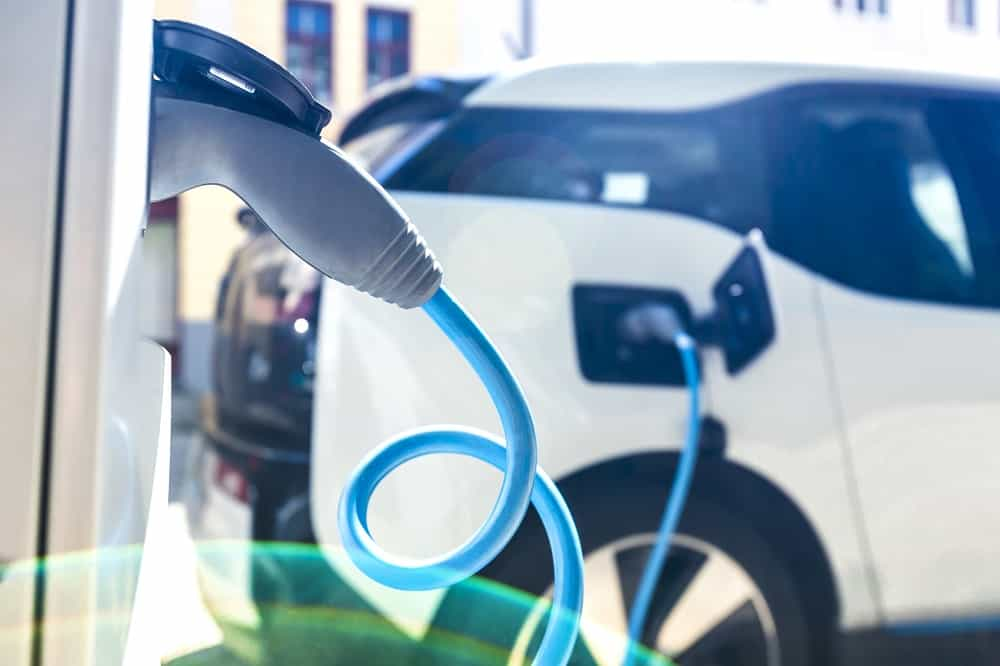In its challenge for the progressive energy decarbonisation, Europe is betting heavily on electric cars. Many national governments are using incentives to accelerate the transition from fossil fuel to electric cars, with the aim of completely eliminating the production of heat-powered vehicles by 2035. Here’s what’s happening in the Old Continent.
United Kingdom
Energy regulator Ofgem is planning to make the sale of electric vehicles more attractive to consumers by allowing drivers to sell electricity stored in their cars’ batteries to the grid when demand is at peak levels. Ofgem is optimistic that if enough new EV drivers take part in the scheme, it could make money by selling energy and allow the UK to avoid the development of new power plants by providing the same amount of power generation as up to 10 nuclear power plants. There are currently over 535,000 electric vehicles, including hybrid cars, on UK roads. It is projected that this amount will soar to 14 million by 2030.
Germany
Germany recently announced that it will extend subsidies for existing electric vehicles through 2025, although they were originally intended to end in 2021.
During 2020, incentives for electric vehicles have been doubled, proposing a €3,000 bonus for fully electric vehicles and €2,250 for hybrids, as well as a 10-year tax exemption and lower VAT rates. Some European manufacturers offer buyers an additional €3,000 incentive. Germany represents the largest market for electric vehicles in Europe: in 2019 they accounted for about 1.8 percent of all new passenger car registrations, a figure that increases year on year. According to AutoNews, brands such as Smart, Seat, Mini, and BMW have made significant gains over the past year, increasing electric vehicle sales by 37%.
France
France has also joined the list of European countries providing incentives for electric vehicles, offering domestic manufacturers, such as Renault, a support package to encourage more production in the sector. The French government is also offering consumers CO2 tax exemptions, subsidies of up to €7,000 and a scrappage program for old conventionally powered cars.
Spain
Similarly, Spain has reduced taxes on electric vehicles in major cities, while also offering subsidies of between €4,000 and €5,000 for scrapping old vehicles.
Italy
After getting a great response in 2020, the state car incentives have been confirmed also for 2021 and on October 15 a new tranche of incentives equal to 65 million euros was announced, intended for the purchase of cars with emissions between 0 and 60 g/km of CO2, plus 10 million euros for the purchase of cars with emissions between 61 and 135 g/km of CO2, useful to allow the svecchiamento of the circulating fleet. The ecobonus, which will have a maximum amount of 6,000 euros, will be bookable until December 31, 2021 for requests made between January 1 and June 30, 2021. But, with the Infrastructure Decree for requests made between 1 July and 31 December 2021, the reservation will be allowed until 30 June 2022.
You may also like
Why buy a hybrid car today?
Since their appearance, hybrid cars have enjoyed great success with the public: their dual nature of electric and combustion car is perfectly suited to both long-distance driving and city traffic, where you spend a lot of time stationary. Plug-in hybrid car (PHEV): what is it? What does plug-in hybrid car mean? This definition refers to… Continue reading Why buy a hybrid car today?
The best electric cars to buy
Electric cars allow you to fully enjoy the driving experience, in total safety and comfort. Today, electric vehicles cost more than their gasoline or diesel counterparts, but the gap is narrowing considerably, thanks in part to incentive policies from national governments grants. The growing trend of the electric car will only continue as electric vehicle… Continue reading The best electric cars to buy
Choose the best Gas cards for your commercial fleet
Interested in saving money on fuel supplies for your commercial vehicle fleet? Perfect, fuel cards are just what you’ve been looking for!
What are the best-selling SUVs in America?
At the end of a difficult year like 2020, auto industry sales figures certainly can’t be positive, taken in their entirety: the industry has heavily left behind what was good achieved in 2019, with losses on the following year approaching 20%.
A good fourth quarter was seen, for certain models belonging to those more desirable market niches, such as SUV vehicles, which constitutes a large segment. Suffice it to say that the 25 most popular models in this segment have in fact managed to contain the drop in sales to 12.7% over the previous year. So here are the best-selling SUVs in America in 2020, according to the numbers released in the automakers’ sales reports.
